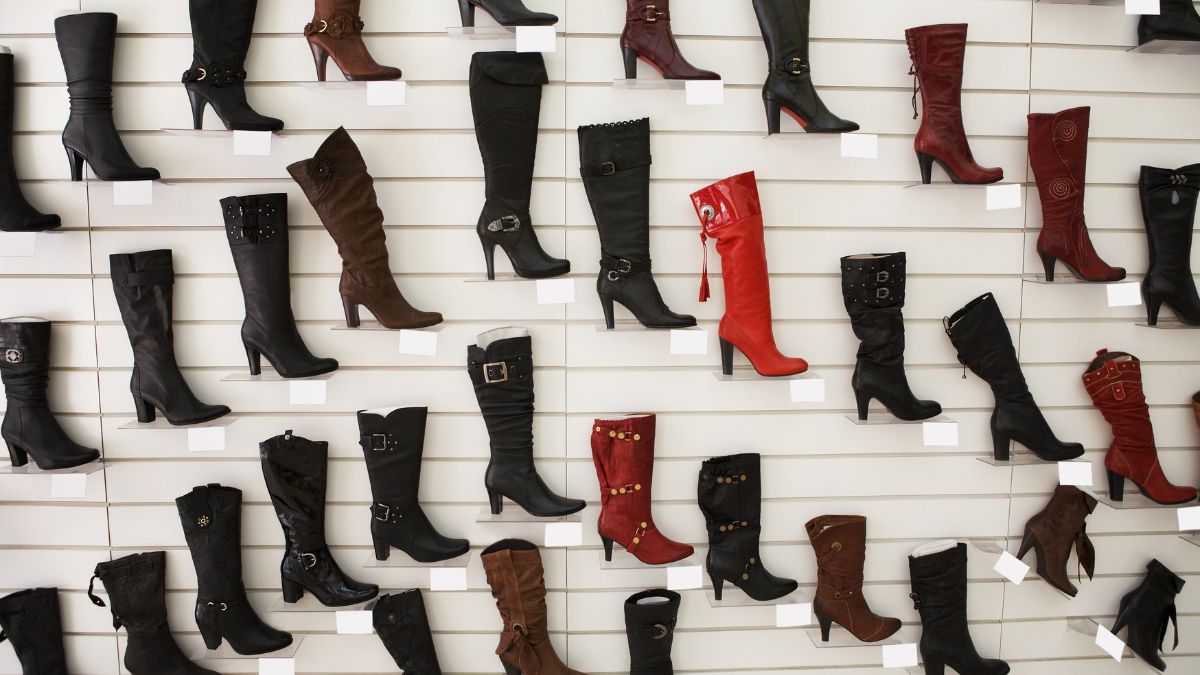
The government of Mexico announced the imposition of definitive countervailing duties on imports of Chinese footwear, a measure that seeks to protect the domestic shoe industry against dumping practices detected in recent years. The decision was published in the Official Gazette of the Federation (DOF) on September 3, 2025.
READ ALSO. Mexico closes the door to Chinese footwear
The Ministry of Economy reported that the measure is the result of an investigation initiated in April 2024 to determine whether shoes imported from China entered the Mexican market at prices below reference values. After a year of analysis, in which importers, exporters, domestic producers, and industry chambers participated, it was concluded that imports of Chinese footwear were indeed carried out under dumping conditions, causing harm to the national footwear industry.
READ ALSO. President of Mexico vs. Coca-Cola: The Mexican government declares war on soft drinks
Economy acted as the investigating and decision-making authority in this case. After gathering information from importing and producing companies, as well as business chambers, it determined that dumping practices were real and that it was the State’s responsibility to apply corrective measures.
What are the new countervailing duties on Chinese footwear?
The Official Gazette of the Federation establishes that shoes originating from China must face definitive countervailing duties ranging from $0.54 to $22.50 per pair, provided they enter Mexico below the reference price of $22.58 per pair.
These duties will apply for five years, although they may be extended if the Ministry of Economy considers that unfair practices or risks to the Mexican footwear industry persist.
Which brands are affected by this measure? Will Nike or Adidas be impacted?
The measure applies to ALL companies whose reference price is below $22.58 per pair.
How does this measure affect Mexico’s footwear industry?
For the Mexican footwear industry, the announcement represents support against unfair competition that for years has squeezed profit margins. Local companies, many of them based in León, Guanajuato, have argued that Chinese footwear entered with prices impossible to match, distorting the market and weakening the domestic manufacturing base.
With these duties, the government of Mexico seeks to restore a scenario of fair competition, providing protection to domestic manufacturers, especially in states with strong footwear production such as Guanajuato, Jalisco, and the State of Mexico.
What impact will these tariffs have on shoe consumers?
One of the main questions is how these measures will affect consumers’ pockets. While countervailing duties could make imported shoes more expensive, they are also expected to boost local production and create space for national brands to regain market share.
In the short term, there may be a slight increase in the prices of certain models of Chinese footwear, but in the long term, the effect will depend on the ability of the Mexican footwear industry to respond with sufficient quality, innovation, and production volume.










